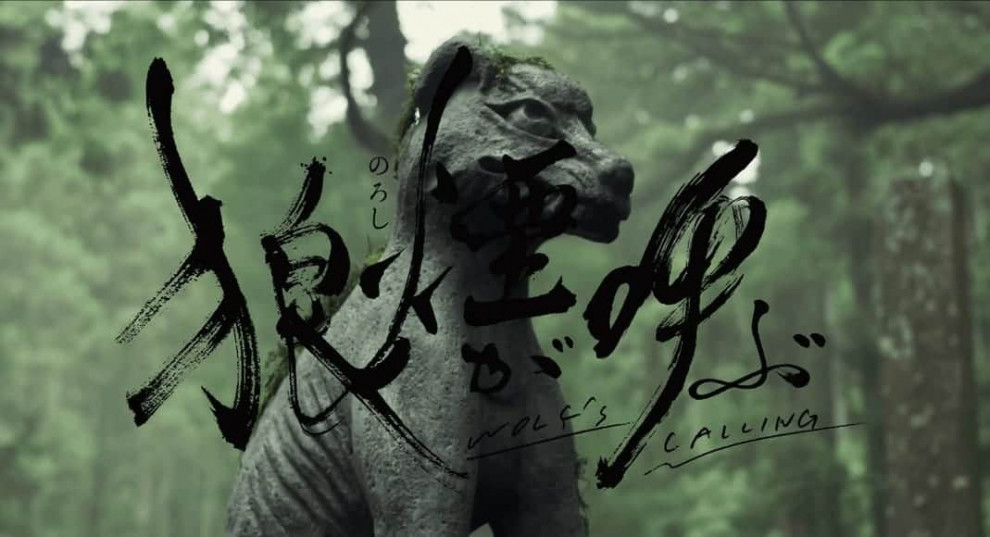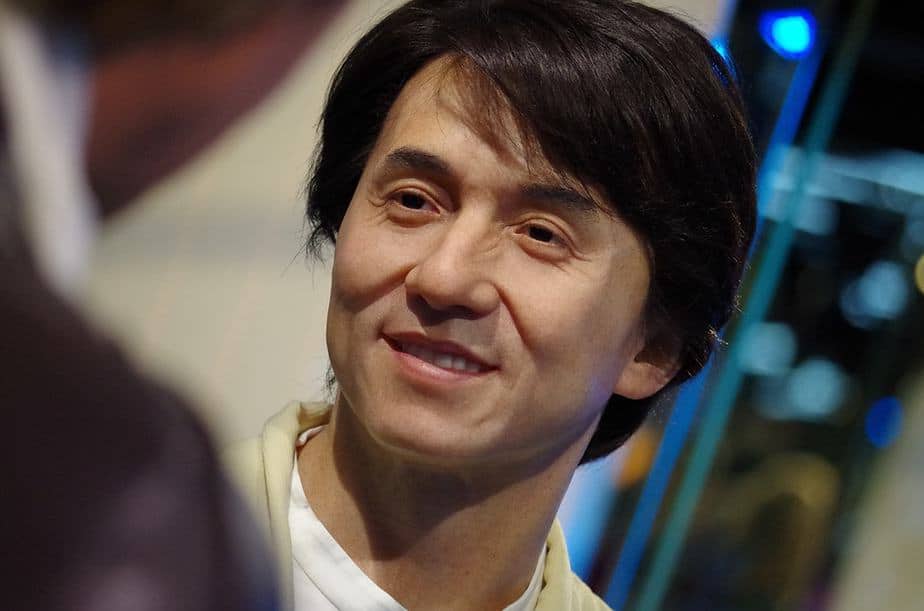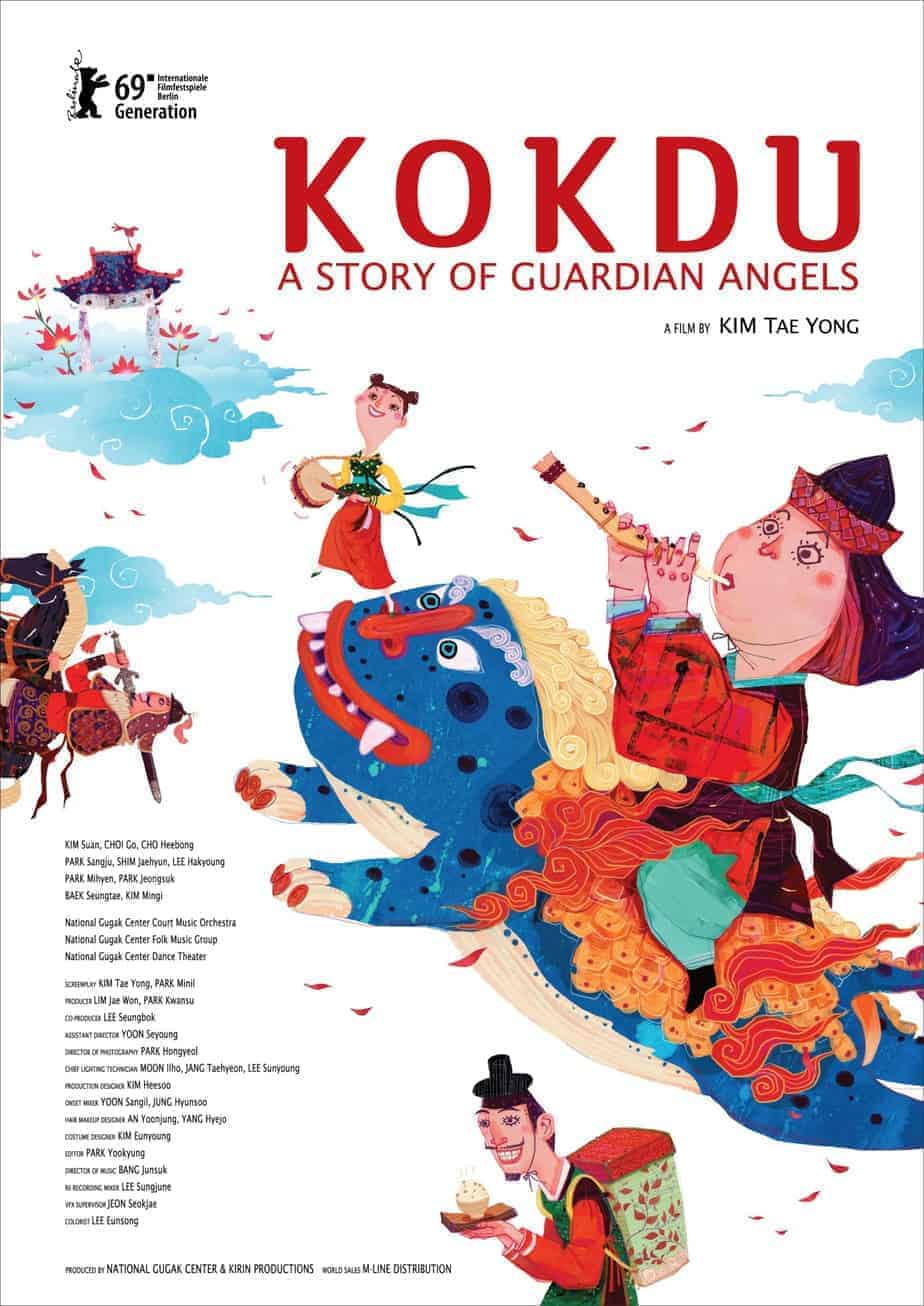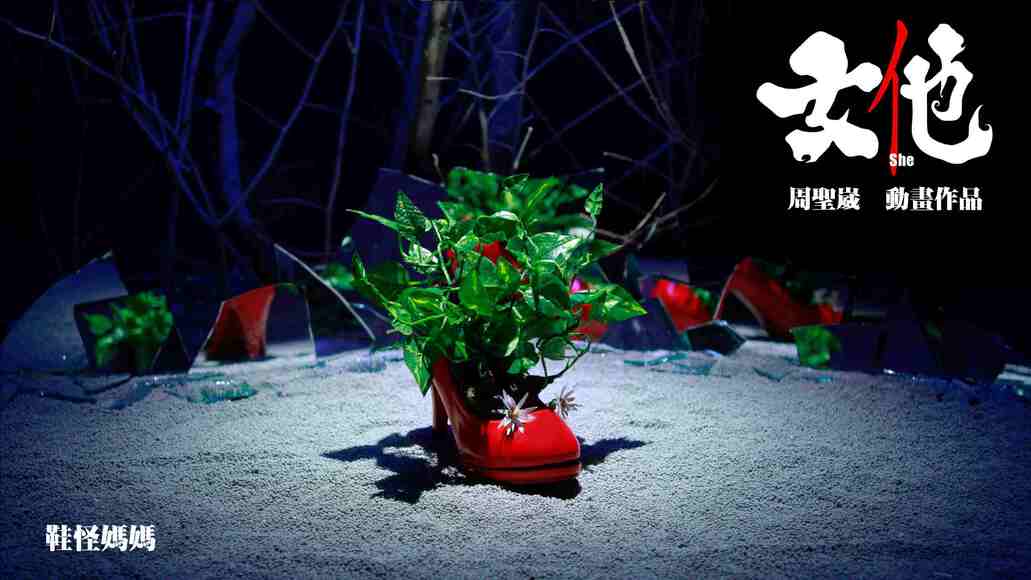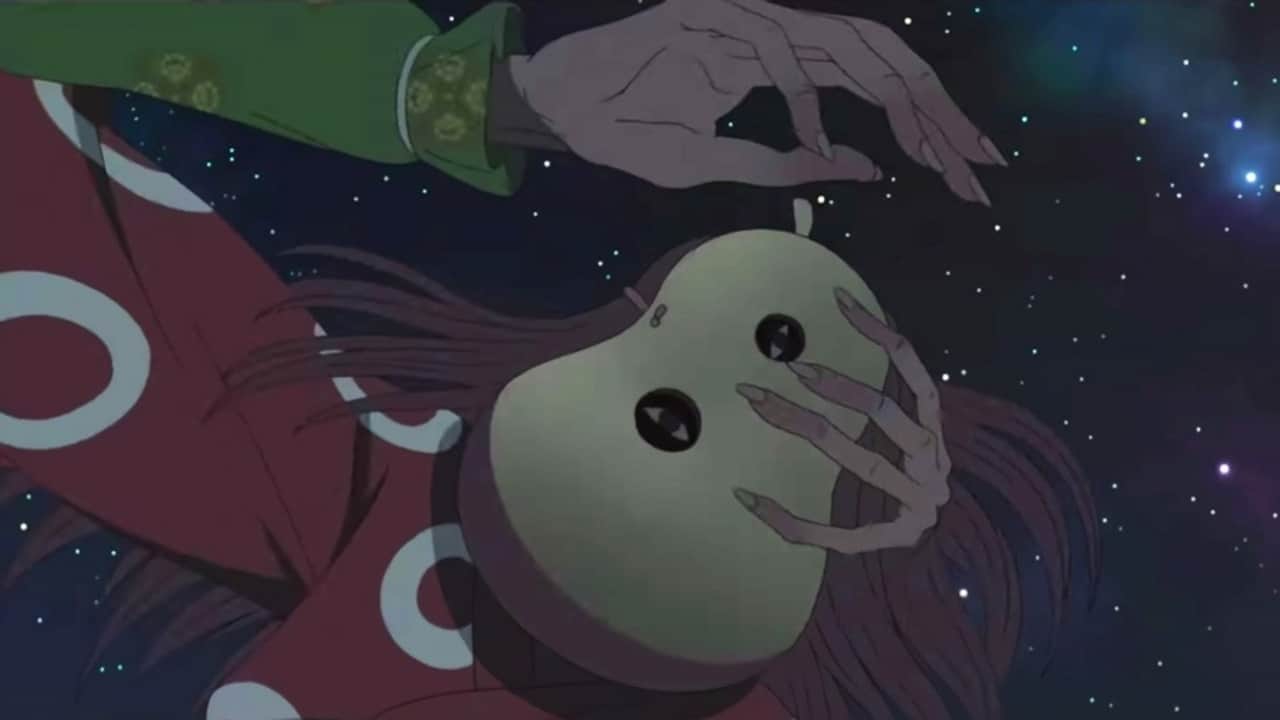In April 2019, director Toshiaki Toyoda (“Blue Spring” 2001) was arrested for unlawful possession of a handgun. It turned out that the weapon was a familial keepsake and he was released without charge. Based on this experience he produced a 17 minutes period drama called “Wolf's Calling.”
Wolf's Calling is screening at Japan Cuts 2020:

A girl finds an old handgun in her attic and the symbolic object conjures a mystical scene of samurai (a stellar cast of actors joined by the 20-person Edo punk band Seppuku Pistols, who also provide the soundtrack) gathering within the moss-grown location of Kasosan Shrine in Tochigi Prefecture.
Produced outside the committee system and with his own money, “Wolf's Calling” stars a familiar cast for a Toyoda movie. Kiyohiko Shibukawa (“9 Souls” 2003) and Ryuhei Matsuda are accompanied by international known actor Tadanobu Asano (“Ichi the Killer” 2001) in a supporting role. Since it is a self-financed project, “Wolf's Calling” might be a hint to a future Japanese film industry outside the production system of the big studios.
A pure concept of sound and sight creates a movie with hardly any dialogue, but with a highly anti-climatic build-up. Through a condensed soundtrack, the music functions as the most important instrument of the narration. Even to the point where its over-stylization points to a parodistic use of sound. The atmospheric cinematography focuses on the Wolf symbolic, which can be seen on posters, in shrines, and many other sequences. “Wolf's Calling” is all about tension and anticipation and leaves the viewer wanting more. It may be difficult to follow the true intention of the movie without knowing the director's vita and his meddling with the police.
As in “Blue Spring”, Toshiaki Toyoda presents an iconic scene on a rooftop. After the credits have rolled up, we see a Samurai on top of a skyscraper in modern Tokyo. Yoyogi Park and the new Olympic Stadium are shown as part of the skyline, in which the messenger of a bygone time is set-in. The perfect mixture of tradition and modernity. Although the interpretation of the meaning is yet to be found by the viewer himself.


